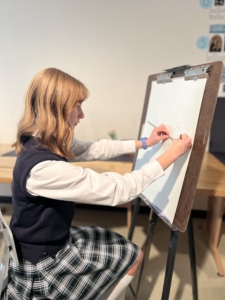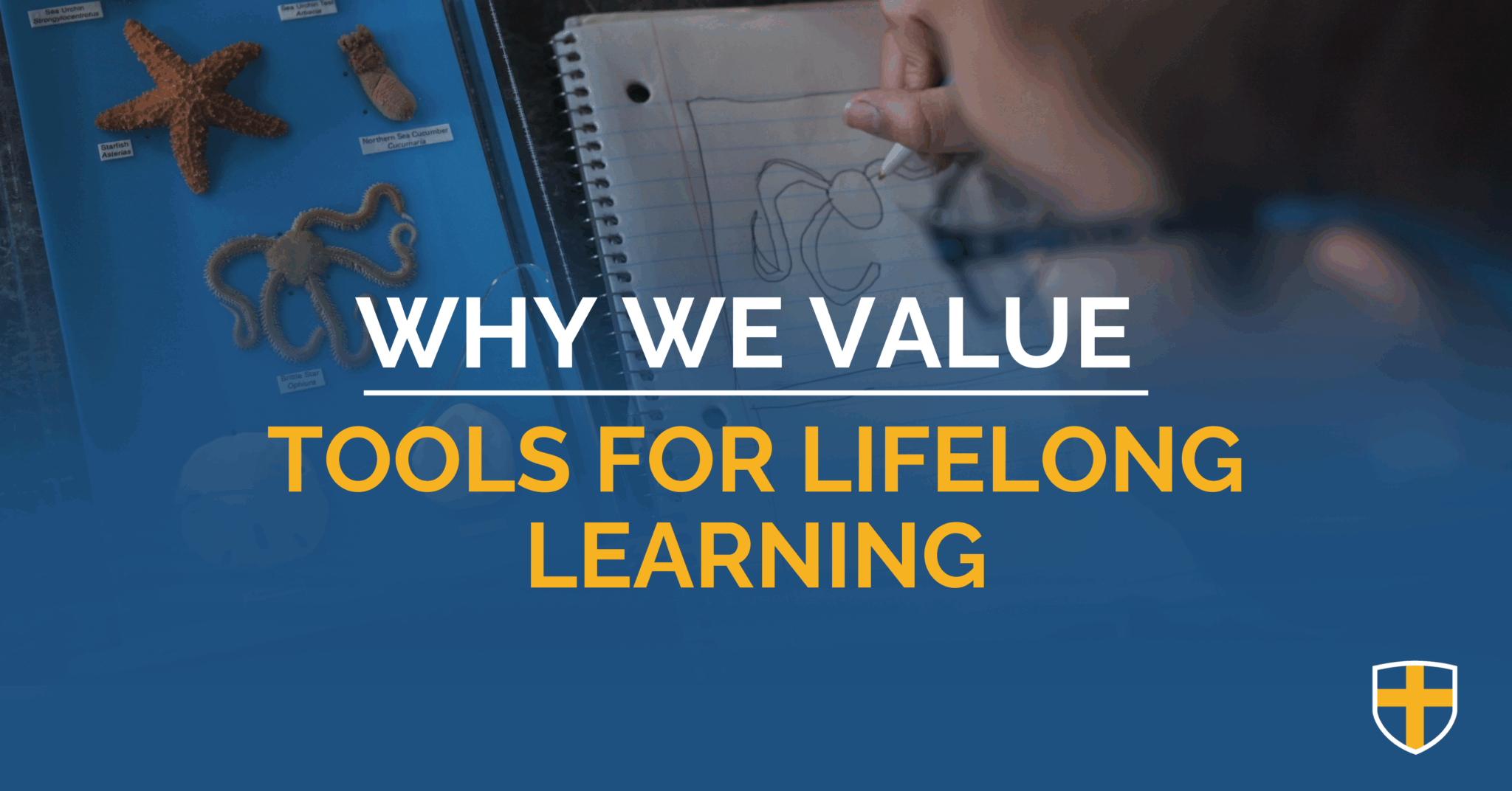Ask for the Ancient Paths
by Covenant Alumni Carley Hoover ’23
“At this point, I think I’m just resigned to being overwhelmed. There’s no point wasting energy being stressed. I have too much to do,” my friend said one night, blankly staring at her laptop screen. “I know. I have hit the point of burnout where I can’t even do anything anymore,” I responded while flopping exhausted onto her bed. It might sound dramatic, but it is not unrealistic. Gordon students are burnt out. Trying to take too many credits and work several jobs and do extra-curriculars and be involved at church and still have time to invest in family and friends can wear you down. I know I am not alone in this struggle. But what if the root of this issue is not just our overachieving personalities or our fear of missing out? Could it be that the problem is actually our philosophy of education?
 If someone were to ask you why you were a history major or a biology major or a music major, how would you respond? I’m guessing that most of the time you would say something like, “because it will help me on my law school application” or “because I want to be a doctor” or “because someday I want to play with the Boston Symphony.” Of course, those are all wonderful goals, and a bachelor’s degree is certainly necessary to achieve them. But perhaps that purely career-oriented way of viewing our education is exactly our problem. I see evidence of this in other ways, too. We are constantly worried about how something will translate onto our resumés. We begrudgingly take core classes that will be completely “useless” for the rest of our lives. In fact, it has become a social norm to make fun of and complain about these classes. In the end, we think more about the diploma than the education it stands for.
If someone were to ask you why you were a history major or a biology major or a music major, how would you respond? I’m guessing that most of the time you would say something like, “because it will help me on my law school application” or “because I want to be a doctor” or “because someday I want to play with the Boston Symphony.” Of course, those are all wonderful goals, and a bachelor’s degree is certainly necessary to achieve them. But perhaps that purely career-oriented way of viewing our education is exactly our problem. I see evidence of this in other ways, too. We are constantly worried about how something will translate onto our resumés. We begrudgingly take core classes that will be completely “useless” for the rest of our lives. In fact, it has become a social norm to make fun of and complain about these classes. In the end, we think more about the diploma than the education it stands for.
So, let us consider what it might look like to be a little less utilitarian in our education. For starters, we are in the best place to make that change. We go to a Christian liberal arts school founded on the idea that education prepares you for life, not just a career. The Christian liberal arts tradition says that the kind of people who make a difference in the world are well-rounded, thoughtful, and oriented towards loving God. This tradition exists because thinking about good things makes good people. Believe it or not, you have to take classes like philosophy and Old Testament and TGC because Gordon believes that those things are important to the kind of person you become. The Christian liberal arts tradition has existed for centuries on the premise that more happens in a classroom than just practical education. So, what if we believed them?
“The Christian Liberal Arts Tradition says that the kind of people who make a difference in the world are well-rounded, thoughtful, and oriented towards loving God. This tradition exists because thinking about good things makes good people.”
I am not saying that we should quit our extra-curriculars and spend all of our time pondering character formation, but I am asking us to consider how this different lens might direct our hearts and minds and energy towards something higher than our resumés. Perhaps it would be good for us to consider looking at our “impractical” responsibilities with gratitude for the ways we are being shaped beyond what can be translated into an interview question. Maybe if we set our sights higher, we will be less anxious over our grade point averages and more at peace with thinking about who we are becoming. The prophet Jeremiah wrote, “Thus says the Lord: Stand by the roads, and look, and ask for the ancient paths, where the good way is; and walk in it, and find rest for your souls” (Jeremiah 6:16). So, I encourage us to look into the Christian liberal arts tradition and to walk in that ancient path. Perhaps by viewing our education as the means by which we love God and neighbor better and are sanctified into the image of Christ, we may find rest for our souls.



